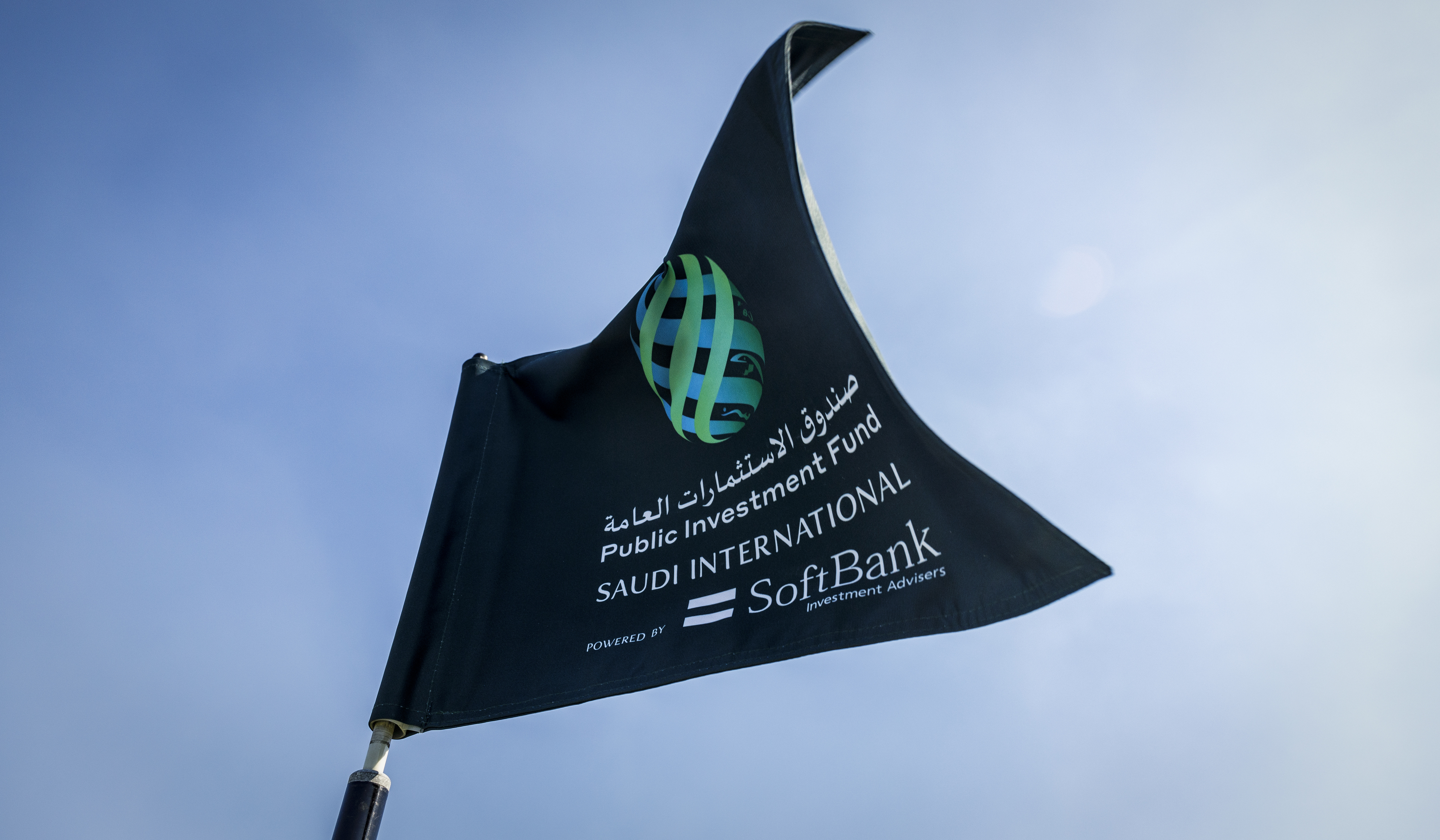Even casual golf fans might wonder what is left for parody after Charley Hoffman castigated the PGA Tour for being insufficiently protective of its players, a particularly audacious claim from a journeyman who continues to reap a handsome living despite having registered zero wins and just four top 10 finishes in the last 500 days.
In an ill-tempered Instagram post on Friday evening, Hoffman railed against a ruling he received in the second round of the WM Phoenix Open. And like Phil Mickelson at last week’s Saudi International, he presented his personal grievance as an inflection point for the entire Tour. He whined about amateur rules-makers running the professional game, insisted the most coddled athletes in sport are not “protected,” said it’s no surprise players are considering bolting to a Saudi-financed splinter league, and demanded commissioner Jay Monahan do better—all while tagging a handful of media outlets and the Saudis.
Wittingly or not, Hoffman was acting as a crash-test dummy for his huckster neighbor in San Diego, Phil Mickelson, who has repeatedly peddled similar talking points favored by the Saudis in their attempt to hijack men’s professional golf. Like a general paying tribute to cannon fodder, Mickelson was among the first to comment favorably on Hoffman’s infantile screed.
The overwhelmingly negative reaction to Hoffman’s post focused on the obvious cheek of an ingrate who has earned more than $30 million despite a playing record that is derisory in career-defining major championships and only slightly better in regular Tour events. Fans, it seems, are weary of hearing even journeymen express entitlement to a king’s ransom, or at least a Crown Prince’s, thanks to the leverage afforded them by the threat of a breakaway circuit. But of all the players who could have brandished the Saudi sword this week, Hoffman was by far the most damaging. Which is why his distemper should make the Tour draw a line in the sand in how it responds to that threat going forward.
Waste Management sponsors the Phoenix Open. The company also sponsors Hoffman. And yet the 45-year-old, who hasn’t held a trophy in six years, felt sufficiently emboldened to embarrass his partner during its biggest week. Hoffman also sits on the PGA Tour’s Policy Board, which has discussed what is at stake with the Saudis, so he can plead stupidity but not ignorance. Still, he felt empowered to publicly rebuke his commissioner and tag the representatives of a murderous regime in the process.
That it was Hoffman who authored this episode shows just how deep the Saudi rot has set in among Tour players.
By Saturday morning, Hoffman was only slightly chastened. But the knock-on effects of his post will be felt, if not immediately seen. In tournament sponsors, who fear their events could also be held hostage to this ongoing drama. In corporations who balk at seeing their logos adorn craven apologists for a government that treats human rights as inconveniences. In agents who must choose sides as a few high-profile clients threaten to torch the house in which their many other clients live.
The looming Saudi threat is a subject of almost obsessive speculation every week on Tour, and the more time that is spent fretting about it makes it ever more likely that the entire business of golf will suffer from the distraction. Enough.
The PGA Tour’s response has been generous, to a fault. Monahan created programs that bonus stars regardless of performance, boosted FedEx Cup payouts, increased prize money in limited-field invitationals, and will launch lucrative, guaranteed money events for top players. And still all of that isn’t enough to quench the obnoxious greed of some.
It is time for the Tour to remind those players that there’s no barbed wire impeding the exit and to instead focus on stars who refuse to shake the Crown Prince’s pompoms as cheerleaders for Saudi ambitions in golf, men who are driven by history, legacy and the plentiful rewards already available. That is a considerably more impressive roster.
Tiger Woods is out.
Jon Rahm? He’s out too.
Rory McIlroy. Ditto.
Brooks Koepka? Justin Thomas? Jordan Spieth? Out, out, out.
These are the players upon whom the future of the PGA Tour and the broader professional game will be sustained. Not Mickelson, and not the coterie of cash-poor, washed-up veterans eager for the Saudi’s insidious embrace.
For several years, Monahan’s response to this issue has been remarkably measured, an approach that lays bare the problem inherent in member-led organizations, where every hollering halfwit with a gripe must be treated like the chairman of the board. But excessive deliberation can become debilitating. A day must come—and soon—when the PGA Tour decides it will no longer be held hostage by a handful of players desperate for Saudi graft.
Let them go, if they really have the stomach for the gamble. The Tour will be no poorer for their departure.

